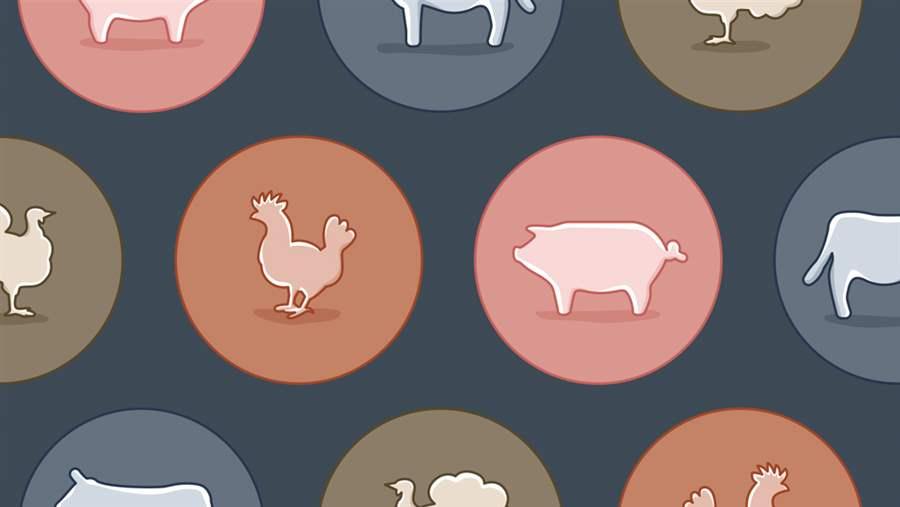Food production animals play a crucial role in meeting the ever-growing demand for food around the world. These animals are raised for the purpose of producing meat, dairy, and eggs, and their contribution to the global food supply cannot be overstated. In this article, we will explore the significance of food production animals and the challenges and opportunities associated with their production.
The Role of Food Production Animals
Food production animals, such as cattle, pigs, poultry, and sheep, are essential for providing high-quality protein sources to the global population. These animals are raised in various agricultural systems, including intensive farming, free-range systems, and pasture-based systems, to meet the diverse dietary needs of people worldwide.
One of the primary roles of food production animals is to produce meat, which is a significant source of protein, essential amino acids, vitamins, and minerals. Additionally, dairy animals, such as cows and goats, are critical for supplying milk, cheese, and other dairy products that contribute to the nutritional requirements of people of all ages.
Furthermore, food production animals also play a vital role in sustainable agricultural practices through their contribution to soil fertility, nutrient cycling, and the use of agricultural by-products. For example, manure from livestock can be utilized as organic fertilizer to improve soil quality and crop yields, thereby promoting efficient resource utilization and reducing waste in agricultural systems.
Challenges and Opportunities in Food Production Animal Farming
Despite the essential role of food production animals in global food security, the industry faces various challenges that necessitate innovative solutions and sustainable practices. Some of the key challenges include:
- Environmental Impact: The environmental impact of intensive animal farming, including greenhouse gas emissions, water usage, and waste management, presents significant challenges for sustainable food production.
- Animal Welfare: Ensuring the welfare of food production animals is essential for ethical and sustainable farming practices, requiring the implementation of proper housing, nutrition, and veterinary care.
- Antibiotic Resistance: The overuse of antibiotics in food production animals can lead to the development of antibiotic-resistant bacteria, posing a threat to both animal and human health.
Despite these challenges, there are also opportunities for improvement and innovation in food production animal farming. Advancements in technology, such as precision livestock farming, can enable more efficient and sustainable management of animal health, nutrition, and productivity. Additionally, sustainable farming practices, such as agroforestry and rotational grazing, can contribute to the conservation of natural resources and biodiversity while supporting the welfare of food production animals.

Credit: www.pewtrusts.org
Frequently Asked Questions Of Food Production Animals
What Are Food Production Animals?
Food production animals are those raised for meat, milk, eggs, and other edible by-products.
How Are Food Production Animals Raised?
Food production animals are raised in farms, ranches, and agricultural settings under controlled conditions.
Why Is The Welfare Of Food Production Animals Important?
Ensuring the welfare of food production animals is crucial for ethical and sustainable agricultural practices.
What Are The Common Food Production Animal Welfare Practices?
Common welfare practices include providing proper nutrition, veterinary care, and suitable living conditions for the animals.
Conclusion
Food production animals are indispensable for meeting the global demand for high-quality, nutritious food. By addressing the challenges and embracing the opportunities in food production animal farming, we can work towards a more sustainable and ethical food system that benefits both people and the planet.
As we continue to navigate the complexities of food production, it is important to recognize the value of food production animals and strive for practices that uphold their welfare, promote environmental sustainability, and ensure food security for generations to come.

Leave a Reply